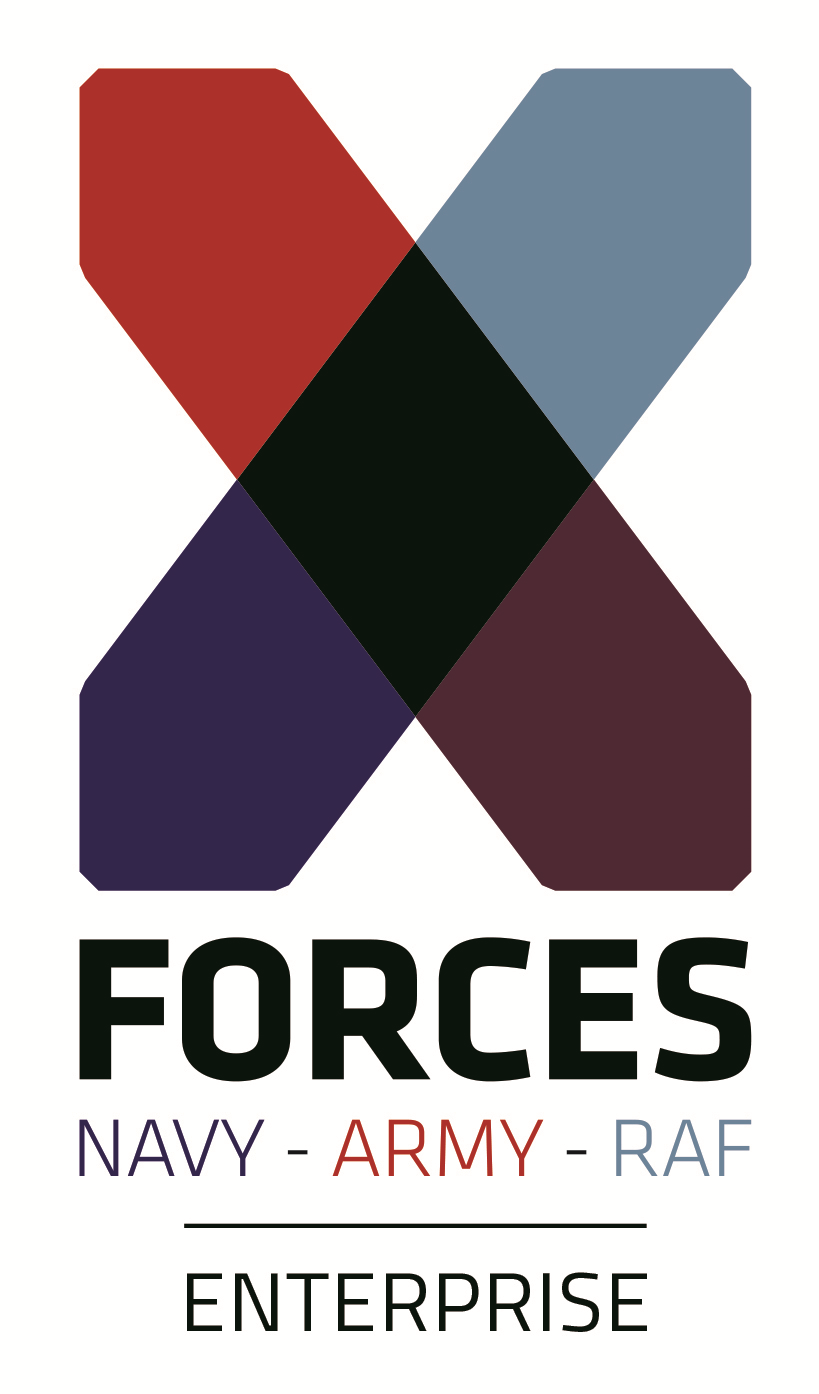In a business determining which expenses are allowable is important, as these items are included in the taxation calculation each year.
Key jargon: Tax deductible
Tax deductible items are allowable in calculating the profit of a business for taxation purposes (where profit equals income less expenses).
Deductibility: General Rule
Generally, expenses that relate to earning income in a business are tax deductible. Private items are usually non-deductible.
Dealing with Business Assets as Expenses
Costs relating to business assets are not directly allowable, and are dealt with in a different way. A record should be kept of these items, as a Capital Allowance deduction is often possible. In broad terms Capital Allowances allow for the costs of assets to be claimed. The claim may be allowed fully in one tax year or phased across several tax years.
*Remember costs for the business asset will likely hit your cash-flow all in one go!*
Record Keeping
Tracking expenses across various classifications can be useful both in terms of your own business and reporting to HM Revenue and Customs. Limited Company directors also have a requirement to keep accurate accounting records under company legislation.
To create the initial expense transaction in your accounting system, and to record this, make payment for business expenses directly from the business bank account. Any documentation such as receipts/invoices in support of the transaction should be held for six years.

















